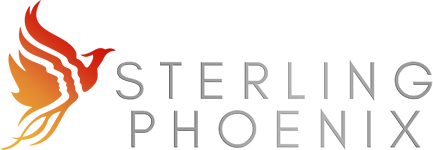Summary
The Lie We’ve All Been Sold
Somewhere along the way, someone decided that professionalism meant:
- No emotions
- No vulnerability
- No flexibility
- And certainly no softness
We were taught that anything “personal” didn’t belong at work. That compassion was a distraction.
That “feelings” made us weak or less effective.
But here’s what I’ve learned in 20+ years of leadership: The strongest teams aren’t the ones with the hardest edges. They’re the ones with the deepest compassion.
Behind Every Job Title Is a Life Story
Let me tell you about some of the people I’ve worked with:
- A brilliant analyst who quietly lost his wife to cancer and came back to work too soon
- A senior team member who battled breast cancer with grace—and worked through chemo
- A teammate who navigated a high-risk pregnancy while still showing up
- An executive who was secretly living in the office after a devastating breakup
- More than one coworker carrying the invisible weight of depression, grief, trauma
And still—work had to get done.
But the way we got it done? That mattered more than any deadline.
Compassion Isn’t Coddling—It’s Capacity-Building
When someone is struggling, compassion doesn’t mean:
- Excusing all behavior
- Dropping all expectations
- Ignoring impact
It means:
- Asking how you can support—not if they can keep up
- Offering flexibility, not pity
- Prioritizing human dignity alongside performance
Every single time I’ve led with compassion, performance didn’t drop. It increased. Because when people feel safe, supported, and seen, they show up stronger.
The Science Is Clear
Compassion:
- Boosts emotional resilience
- Enhances team collaboration
- Reduces stress-induced mistakes
- Improves problem-solving
- Drives loyalty and retention
What’s “soft” about that?
What I Want You to Know
You are not “too soft” for caring. You are not “unprofessional” for checking on someone’s well-being. You are not weak for leading with heart.
Compassion gets results. Not instead of excellence—because of it.
And if no one has ever told you this: You don’t have to leave your humanity at the door to succeed. In fact, your humanity may be your superpower.
Want the Compassion at Work Toolkit?
I created a simple guide to help you practice compassionate leadership—without overextending.
Includes:
- 5 powerful workplace compassion moves
- Team check-in questions
- Boundary phrases that support both sides
- One bold reminder: Kindness is never wasted.
Lead like a human. Watch your team rise.
—Sterling Phoenix

